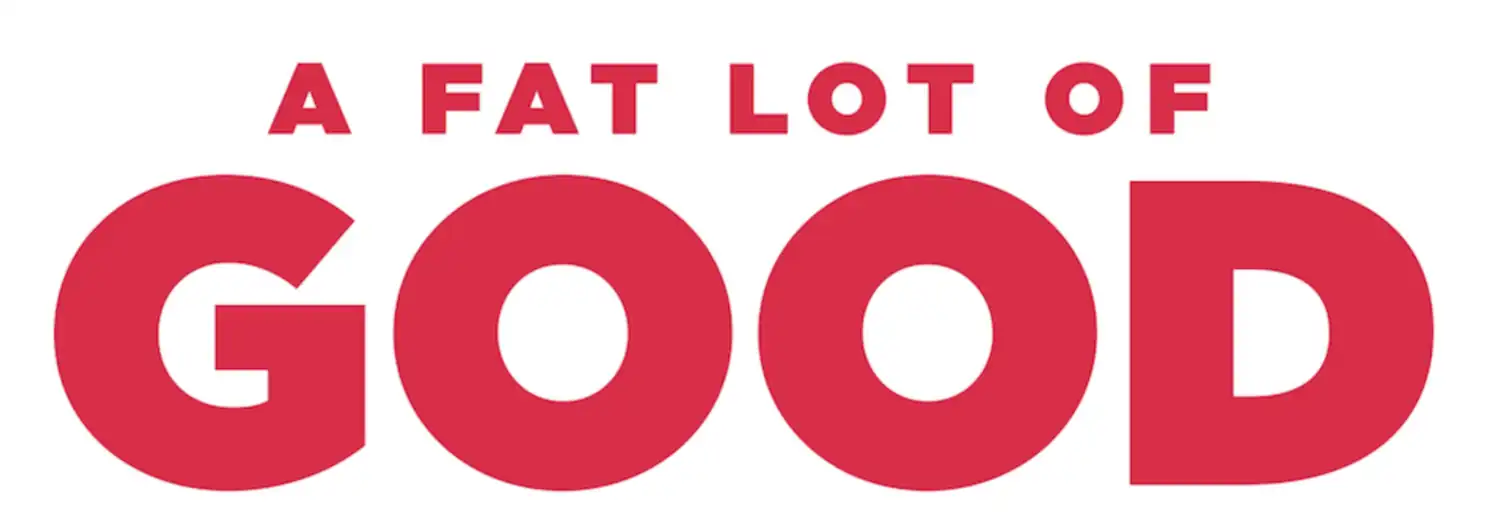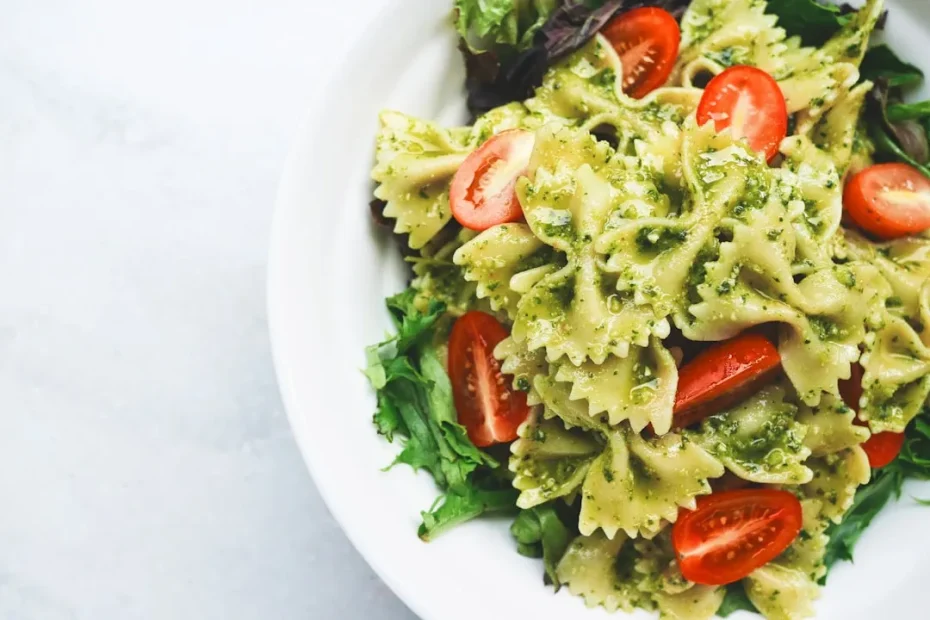On a carnivore diet, getting enough boron is essential for optimal health, but can be a challenging nutrient to achieve without plant foods. This comprehensive guide will cover everything you need to know about boron, why it matters, and how to get enough on an animal-based diet.
What is Boron and Why Do We Need It?
Boron is a trace mineral that supports many vital functions in the body. Here are some of the top reasons we need boron:
Bone health: Boron plays a key role in bone growth and maintenance. It helps regulate calcium and magnesium absorption and improves vitamin D function. Without adequate boron, the risk of osteoporosis increases.
Cognition: Boron may benefit brain function by improving cognition, short-term memory, hand-eye coordination, and concentration. It also helps reduce brain inflammation.
Hormone regulation: Boron influences estrogen and testosterone levels in the body. It can raise testosterone and lower estrogen, promoting hormonal balance.
Immunity: Boron has antioxidant properties that help strengthen the immune system and fight inflammation. It also aids magnesium absorption, another mineral important for immune function.
Detoxification: Boron supports the body's natural detoxification processes. It can help remove heavy metals like fluoride and aluminum from the body.
Clearly, boron offers wide-ranging benefits. But without fruits and vegetables, how can we obtain enough on a meat-only diet? Let's find out.
Boron Sources on the Carnivore Diet
While plants are richest in boron, there are still carnivore-friendly ways to get this vital mineral:
Meat and Organ Meats
All meats contain some boron. Organ meats like liver are the
highest, providing around 3-6 mg per 100 grams. Other cuts of beef, lamb, and turkey contain around 0.5 mg ofboron per 100 grams.
Eating lots of meat, especially organ meats like liver, will help provide a base level of boron intake.
Fish and Shellfish
Some fish are excellent sources of boron, particularly salmon, sardines, and mackerel. Just 100 grams of salmon can supply around 5.5 mg of boron.
Shellfish like oysters and clams also provide boron at around 16-17 mg per 3 ounces.
Dairy
Dairy products contain lower but decent amounts of boron. Hard cheeses like parmesan supply around 1 mg per ounce.
High-fat dairy like butter and heavy cream may also contribute small amounts of boron over time.
Eggs
- While not a rich plant source, eggs do contain some boron. Two large eggs provide roughly 0.1 mg of boron.
Boron Supplements
- Given the low levels of meat, taking a boron supplement is likely necessary on a strict carnivore diet. Aim for 3-6 mg elemental boron per day.
Recommended Daily Boron Intake on Carnivore
The recommended daily boron intake is debated, but estimates suggest:
Adult females need 1.8 to 3 mg of boron per day.
Adult males may require slightly more, around 3 to 6 mg per day.
On a carnivore diet, a boron supplement is likely needed to meet these recommendations, along with making an effort to consume organ meats and seafood regularly. Smaller amounts will also come from meat, eggs, and dairy.
Signs of Boron Deficiency to Watch For
Without adequate boron intake, you may experience:
- Accelerated bone loss and increased fracture risk
- Brain fog, poor memory, and cognition
- Low energy levels and chronic fatigue
- Joint pain and inflammation
- Hormonal issues like reduced testosterone
- Impaired immunity and recurrent infections
- Poor detoxification and excess heavy metal storage
Monitor for these deficiency symptoms and increase boron intake if they occur. Getting enough of this mineral is crucial, even on the carnivore diet.
A 7-Day Meal Plan that adds variety while meeting your daily boron Intake
Eating more organ meats like liver is the best way to obtain dietary boron from a carnivore diet. Here is a blueprint for a one-week meal plan to maximize boron intake:
Monday:
- Breakfast: 3 eggs scrambled with liver, side of salmon
- Lunch: Lamb liver curry with cauliflower rice
- Dinner: Ribeye steak with sautéed onions
Tuesday:
- Breakfast: Liver pâté and cheese board
- Lunch: Tuna salad wrapped in lettuce leaves
- Dinner: Braised oxtail stew with bone broth
Wednesday:
- Breakfast: Lox and smoked salmon platter
- Lunch: Seared lamb chops with lemon
- Dinner: Chicken liver mousse dip and raw veggies
Thursday:
- Breakfast: Steak and eggs
- Lunch: Cajun blackened shrimp salad
- Dinner: Marrow and bone broth soup
Friday:
- Breakfast: Bacon and beef liver
- Lunch: Ceviche with avocado
- Dinner: Grass-fed burgers with fried egg
Saturday:
- Breakfast: Salmon and spinach omelet
- Lunch: Liverwurst lettuce wrap
- Dinner: Beef tongue with chimichurri sauce
Sunday
- Breakfast: Lox bagel
- Lunch: Lamb meatballs with tzatziki sauce
- Dinner: Oyster mushroom stir fry
This provides a variety of organ meats and seafood known to be higher in boron. Supplement as needed to reach daily requirements.
The Takeaway: Prioritize Boron on Carnivore
Boron is one nutrient that requires special attention in the carnivore diet. Make it a priority by eating organic meats, and seafood, and possibly supplementing. Monitor for deficiency symptoms and adjust intake accordingly. With this simple vigilance, you can reap the many benefits boron provides even while avoiding plant foods.



